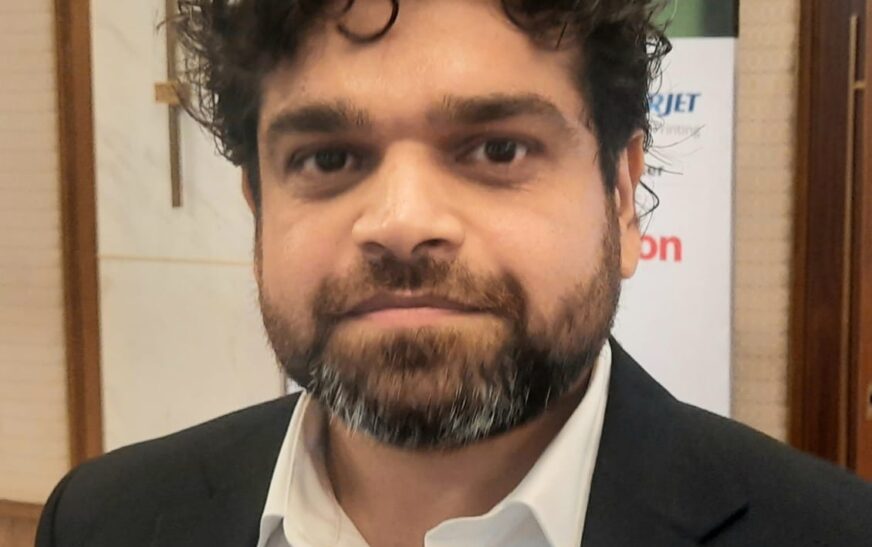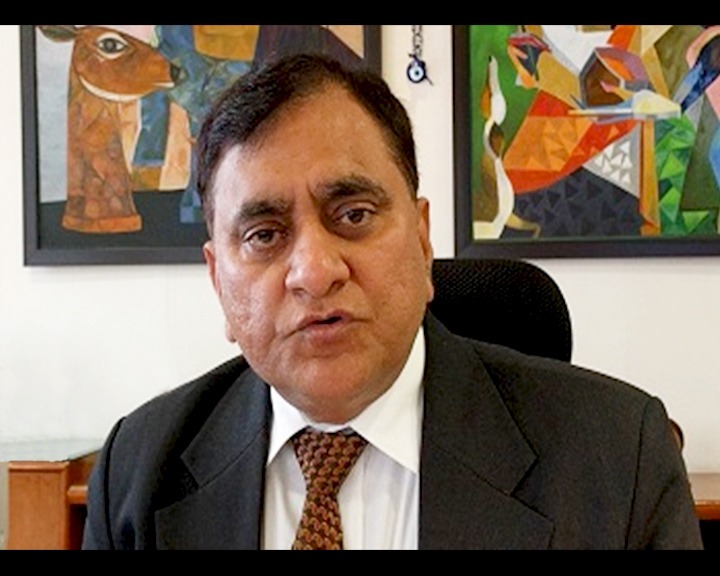The Indian textile industry is the cornerstone of the nation’s economy. This sector has also exhibited robust growth, driven by increased domestic demand and expanding export opportunities. As one of the largest textile producers globally, India leverages its vast labor force and diverse fabric production capabilities. In recent years, the industry has increasingly embraced sustainable practices, incorporating eco-friendly materials and processes to minimize environmental impact. Furthermore, innovations in recycling, waste reduction, and energy efficiency are becoming standard, aligning with global sustainability goals.
Global competitiveness is a key focus. Indian textile firms are enhancing their technological capabilities and adopting international quality standards to meet the demands of global markets. This strategic approach has also bolstered India’s position as a leading exporter of textiles and apparel.
Employment growth is a significant benefit of the expansion in the textile sector. The sector plays a crucial role in providing livelihoods, particularly in rural areas.
Government has supported this sector significantly. Initiatives like the PLI scheme, the National Textile Policy, and PM MITRA Park can foster accelerated industry growth. These policies support innovation, infrastructure development, and investment, ensuring the continued advancement and global competitiveness of the Indian textile industry.
In an exclusive conversation with The Interview World at the Global Textile Sustainability Summit, hosted by ASSOCHAM, Raj Tanna, Managing Director of SCHUTZEN Chemical Group, provides a comprehensive overview of the Indian textile industry’s position on the global stage. He also highlights the sector’s future trajectory and the steps being taken to align with global ESG standards. Raj underlines the government’s support for the industry through various initiatives. Moreover, he discusses how the Indian textile sector is fostering production and employment growth. He also emphasizes how India can set new benchmarks by focusing on sustainable practices and innovation. Here are the key takeaways from his insightful interview.
Q: How is the Indian textile industry positioning itself on the global stage, and what specific measures are being undertaken to meet Environmental, Social, and Governance (ESG) standards?
A: The Indian textile industry is poised for a major overhaul. In the next five years, we anticipate a significant shift from conventional to sustainable chemistry, transforming the fabric of our textiles. This strategic transition will not only advance sustainable practices but also position us to make a substantial impact on the global market. Moreover, our innovations will lead this transformation, driving disruption and setting new standards.
Q: What is your outlook on the future trajectory of the Indian market, considering current economic trends and emerging opportunities?
A: Our growth trajectory is distinctly forward-focused, emphasizing export-oriented strategies, innovation, and value-driven supply models. This shift marks a departure from outdated, inequitable dumping practices. By adopting a value-based approach, we ensure fairness and equity for all stakeholders. Our focus is on creating value rather than merely increasing production, promoting a more balanced and sustainable model for everyone involved.
Q: How is the Indian industry gearing up to meet global ESG standards, and what key steps should they take to close the gap?
A: The Indian textile industry has made substantial progress, especially with the introduction of policies like the Bio E3 initiative, which promotes sustainability throughout the supply chain. We are now strategically positioning ourselves to meet and exceed global demand and align with international standards. Moreover, we are not merely adapting to trends; we are at the forefront of driving them. Our commitment extends beyond participation; we are integral to the collective endeavor of fostering global sustainability. By embracing innovative practices and sustainable solutions, we are contributing significantly to the planet’s future, underscoring our role as a key player in the global effort for a sustainable world.
Q: How is government assistance currently supporting and benefiting the industry?
A: The PM MITRA (Pradhan Mantri Mega Integrated Textile Region and Apparel) Park represents a transformative initiative in the textile industry. It provides a comprehensive, gate-to-gate solution for sector development. The Ministry of Textiles is unwavering in its commitment to sustainability, with clear guidelines steering this effort. Honourable ministers are actively backing this agenda, highlighting its crucial role. Our overarching goal is to drive sustainability across the nation. Though textiles will be the initial focus, the impact of this initiative can extend across all industrial sectors, fostering a more sustainable future for the entire country.
Q: What role will the textile industry play in driving India’s production and employment growth on its journey toward becoming a developed country?
A: The textile industry is a major global employer, and India mirrors this trend, being one of the sector’s largest employers. As production levels increase and market share expands, the industry creates substantial job opportunities throughout the country. This growth not only supports existing employment but also fosters the development of new roles, contributing significantly to the overall job market. Enhanced production capabilities and a stronger market presence directly translate into an exponential rise in employment opportunities.
Q: Given China’s current dominance in the market, how do you plan to capture a significant market share?
A: To effectively disrupt the market, you need to innovate and excel in sustainability. China is currently capitalizing on economies of scale, producing goods in massive quantities to lower costs. Unfortunately, this strategy also leads to substantial carbon dioxide emissions, exacerbating environmental issues.
This presents a significant opportunity for you. Focus on creating sustainable textiles that not only offer superior value but also drive market differentiation through innovation. By positioning India as a hub for these advanced, eco-friendly products, you can attract global markets and capture valuable market share. This approach will not only challenge the Chinese supply chain but also provide a compelling alternative.
On a global scale, there is a pressing need for major players to address supply chain issues and support a more sustainable shift. Seize this chance to lead the way in transforming industry practices.









